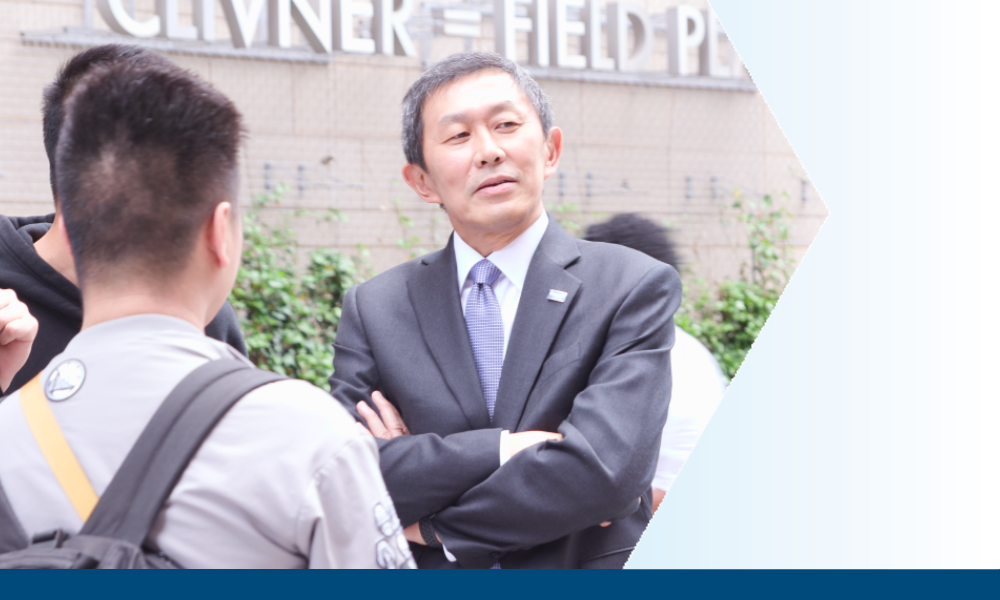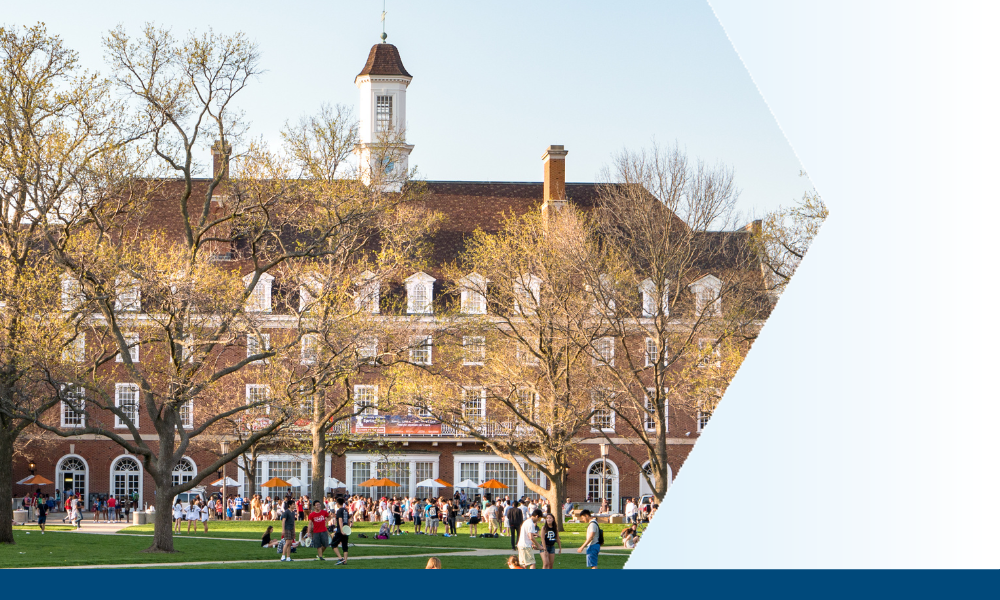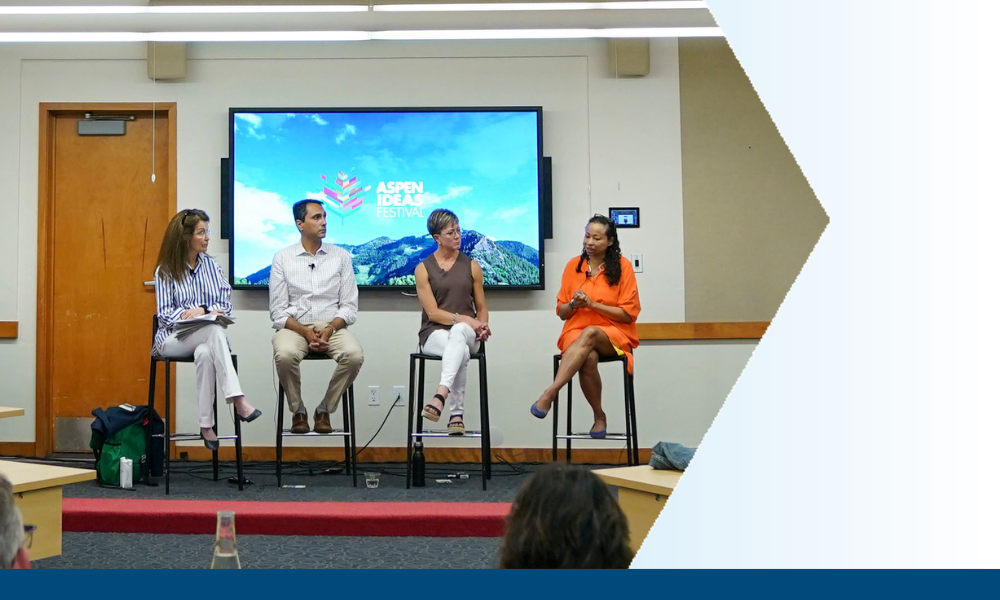|
|
||
 |
||
|
Good evening from the Aspen Institute, where strengthening trust continues to be top-of-mind. Community- and student-serving institutions like colleges and nonprofits often find themselves at the center of the country’s fractured trust. The good news: the Institute’s leaders have strong ideas and solid solutions for healing. These are the latest installments of our In Focus: Strengthening Trust series. Also: Join us this week at the Global Inclusive Growth Summit, presented by the Mastercard Center for Inclusive Growth and the Aspen Institute. |
||
|
How can schools get trust back? Multiple surveys have shown that colleges and universities are losing the trust of their students.
Go deeper: Learn about the American Talent Initiative (ATI), a collaboration between the College Excellence Program and Ithaka S+R, supported by Bloomberg Philanthropies and schools like Baruch College. |
||
|
Understanding campus disagreement Why it matters: Higher education institutions have traditionally served as the forum where ideas are formed, discussed, contested, and refined. Repairing personal trust among students, staff, and others is critical to that mission. Here are some ways to reframe campus conflict:
Go deeper: Learn more strategies from the Citizenship and American Identity Program’s report “Transforming Conflict on College Campuses,” then join the conversation in this upcoming webinar series about how to establish a culture of trust. |
||
|
Nonprofits can communicate across the political spectrum Nonprofits can share their values effectively without polarizing communities. The Community Strategies Group has some thoughts on why organizations should avoid neutrality:
Go deeper: Read CSG’s case study on the West Virginia Community Development Hub, which offers takeaways for nonprofits looking for guidance. |
||
|
Democracy depends on trust According to Jane Wales, executive director the Program on Philanthropy and Social Innovation, in Stanford Social Innovation Review, our unique form of self-governance offers a way for public, private, and social sectors to help restore trust. “Trust is the societal glue on which our democracy depends. Yet today, 30 years later, trust is at an all-time low. And in poll after poll, Americans question whether the system we built works—or at least works for them.” Go deeper: Read her essay “Want to build trust? Start by giving back.” |
||
|
2023 Global Inclusive Growth Summit The Mastercard Center for Inclusive Growth and the Aspen Institute present the 2023 Global Inclusive Growth Summit. Alongside the World Bank Group-IMF Spring Meetings in Washington, DC, the Summit will assemble a dynamic group of U.S. and global leaders for action-oriented discussions on national and international issues. In a turbulent economic, environmental, and human context, the Summit will enable private sector, social impact, and government leaders to partner in new ways on meaningful solutions and approaches. Register now for the livestream on Thursday, April 13 at globalinclusivegrowthsummit.com. |
||
|




